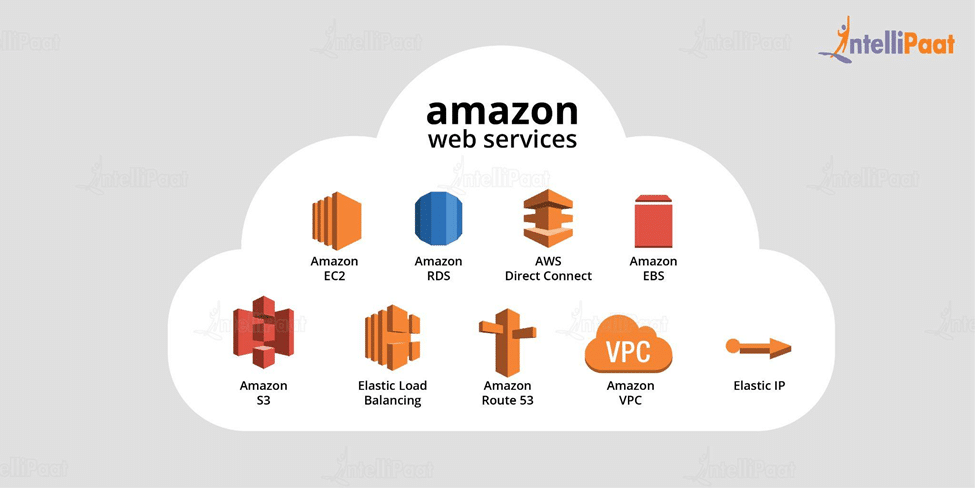AWS
AWS offers various compute services to cater to different workload requirements. The most prominent
service is Amazon Elastic Compute Cloud (EC2), which provides resizable virtual servers (instances)
on-demand. EC2 allows businesses to scale their compute resources up or down based on demand, providing
flexibility and cost efficiency.
AWS Lambda is a serverless computing service that allows developers to run code without managing servers.
With Lambda, developers can focus solely on writing code and defining triggers, and AWS takes care of
provisioning and managing the underlying infrastructure. This serverless architecture reduces operational
overhead and provides a pay-as-you-go pricing model.
AWS offers a range of storage options to meet different data storage and retrieval needs. Amazon Simple
Storage Service (S3) is a highly durable and scalable object storage service that allows businesses to
store and retrieve any amount of data. Amazon Elastic Block Store (EBS) provides block-level storage
volumes for EC2 instances, enabling persistent data storage.


AWS provides fully managed database services, including Amazon Relational Database Service (RDS) for
relational databases, Amazon DynamoDB for NoSQL databases, and Amazon Aurora for high-performance, MySQL,
and PostgreSQL-compatible databases. These managed services handle backups, patching, and scaling,
allowing developers to focus on their applications rather than database administration.
AWS offers a global network of data centers, known as Availability Zones (AZs), that provide high
availability and fault tolerance. AWS Elastic Load Balancing distributes incoming application traffic
across multiple instances to ensure optimal performance and availability.
AWS offers a wide range of analytics and machine learning services. Amazon Redshift provides data
warehousing capabilities, while Amazon QuickSight enables easy and interactive data visualization.

 Cloud computing
Cloud computing AWS
AWS DevOps
DevOps Terraform
Terraform Google Cloud Platform
Google Cloud Platform Ansible
Ansible Kubernetes
Kubernetes Docker
Docker Jenkins
Jenkins Robotic Process Automation
Robotic Process Automation Power Platform
Power Platform SharePoint
SharePoint SPFx
SPFx  PHP
PHP Data Science
Data Science Python
Python React JS
React JS